Game changer: How esports became big business
Gentleman’s Journal investigates the wealth, winnings and widespread appeal of video games — and asks, can it ever be considered a sport?
Last weekend, when Novak Djokovic lifted the Wimbledon trophy, he also pocketed a tidy $2.8 million in prize money. In two weeks’ time the Fortnite World Cup, the biggest esports event of the year, will find its own champion — and that winner will be handed a cheque for $3 million.
That’s a whole $200,000 more than Djokovic earned for risking physical injury and defeat under the scrutiny of over 10 million viewers. And it could be won — by a competitor as young as just 13-years-old — without breaking a sweat. Welcome to the baffling, button-bashing world of esports.
But why is this multiplayer enterprise so popular? How did it get to be so lucrative for the players who plug in, and how can we benefit from the esport boom?
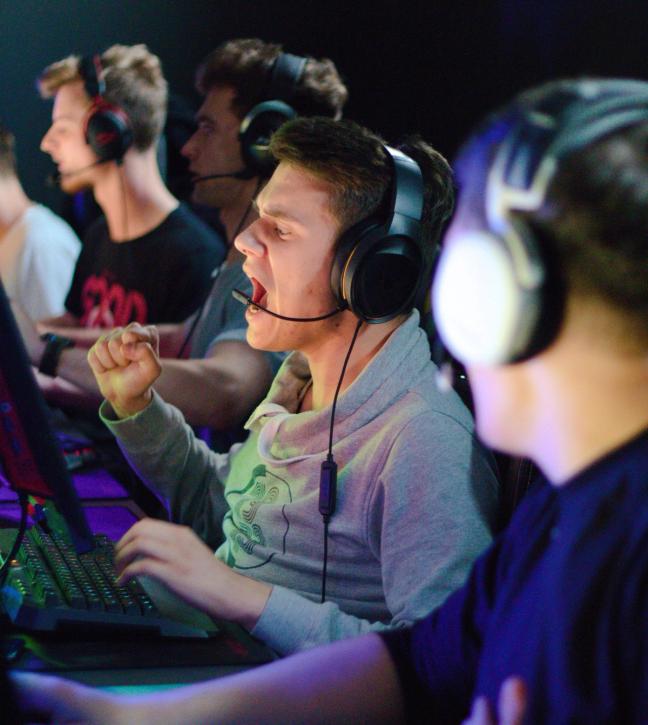

Back in the 1990s and early 2000s large competitions becsme popular with video game fans — both online and offline. By the time the 2010s hit, these competitions were regularly attended by structured international teams of players, and a culture of esports television coverage that started in South Korea had begun to spread around the world.
Streaming coverage boosted the business even further, with high-speed fibre-optic WiFi and increasingly sophisticated platforms and gameplay elevating releases such as Mortal Kombat, Call of Duty and Fortnite to sporting status. Suddenly, rather than playing video games themselves, people were watching others play — and on a regular basis, too. Esports had made it.
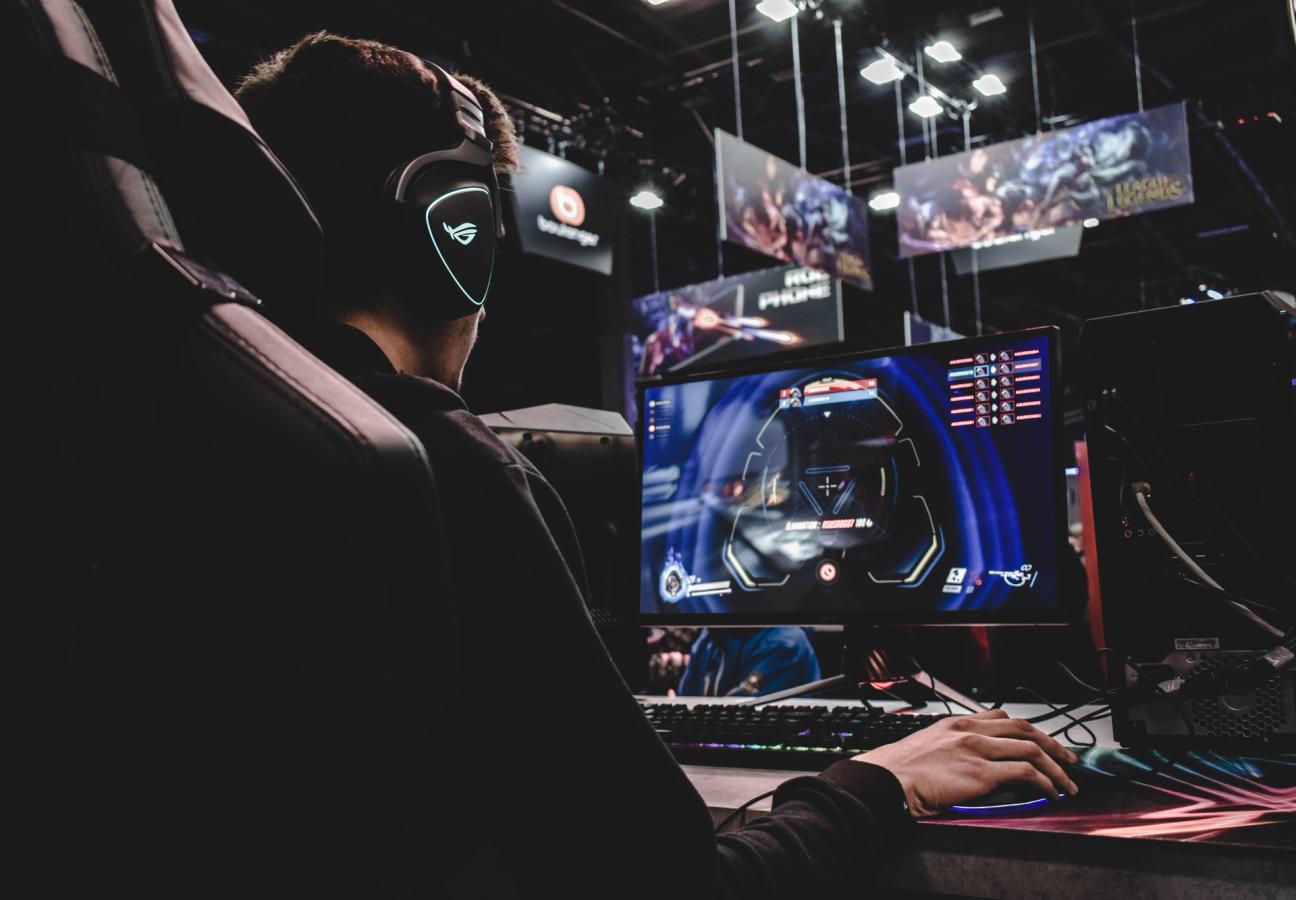
With a market size expected to reach $1.65 billion by 2020, esports is no longer a leisure activity. Today, knowing your way around a controller can be as lucrative as mastery over a tennis racket, golf club — or even Formula One race car.
And here’s the proof. Founded in 2017, the Formula One Esports Series was created with the aim of persuading Formula One video game players to tune into the actual races — something they’d stopped doing when they realised how easy it was to get behind the wheel themselves. But the ploy soon overtook its original purpose, and the official Formula One teams began to enter into the esport spirit.
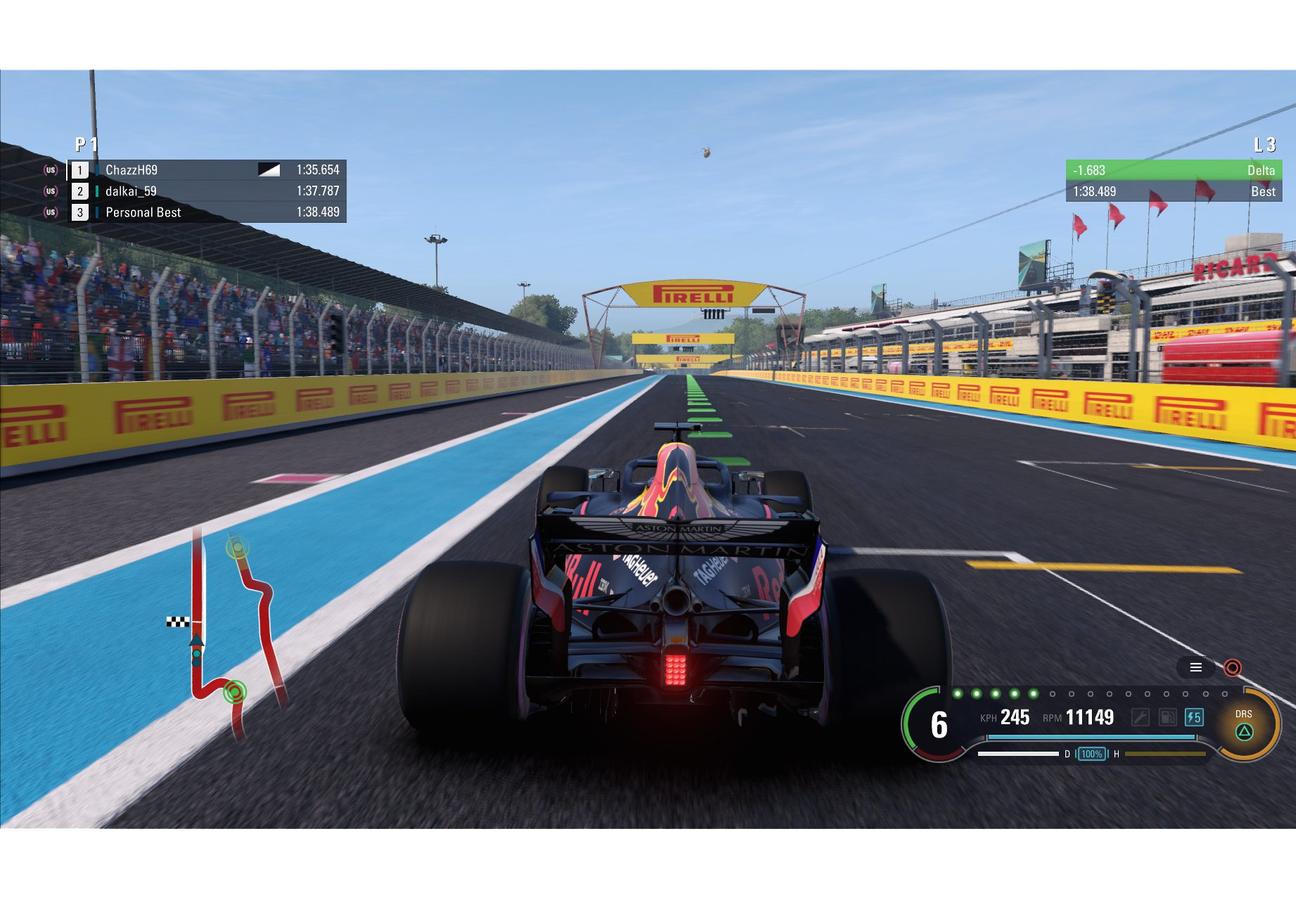
In fact, last year, every Formula One team but Ferrari entered their own esports team into the Formula One Esports Series. The tournament’s managing director, Sean Bratches, reveals that last year’s competition was watched by more than 5.5 million viewers, and this year they have more than doubled the prize money — to $500,000 — to attract even more attention.
“We are committed to exponential growth in the world of eSports,” says Bratches. “The 2019 season is going to be even bigger and better. Having more than doubled the prize fund, we plan to attract even more talent to the series and continue the upward trajectory we are on.”
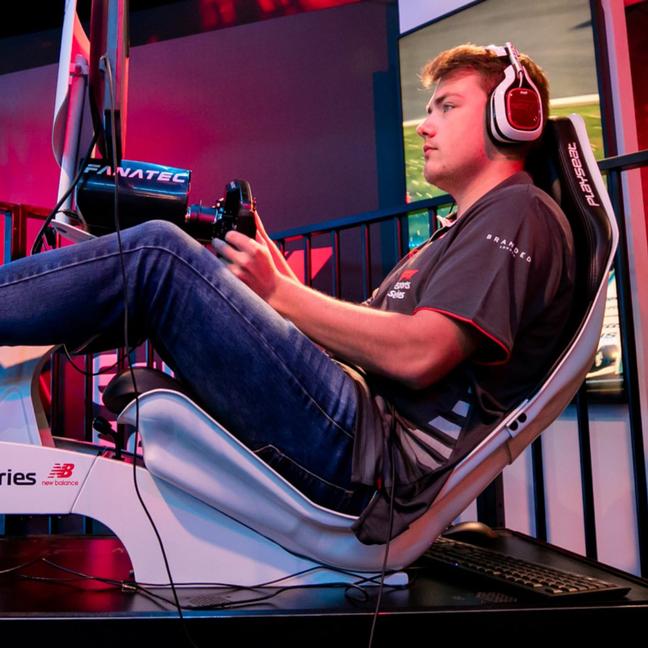
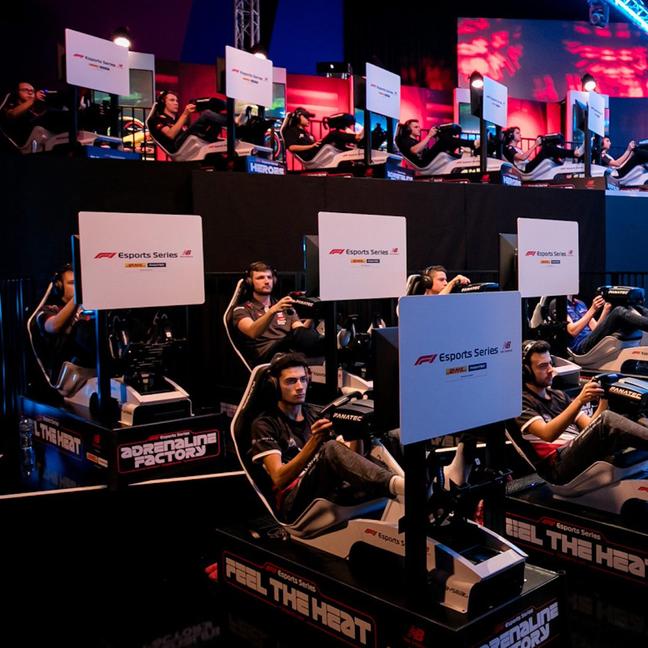
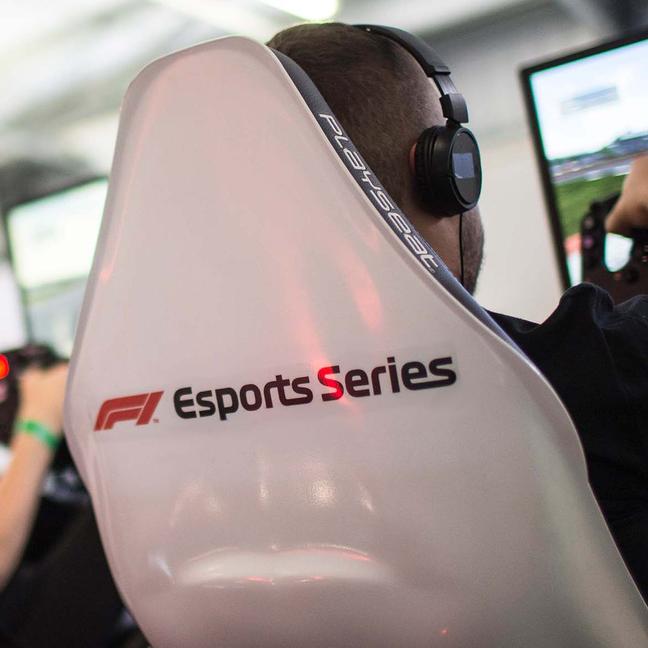
And Formula One isn’t the only global corporation to get involved. Every major video game developer, from Valve to Epic Games, hosts its own international esports tournaments — and brands including Microsoft, Red Bull, New Balance, Coca Cola and Intel have all uploaded money into the industry.
“Due to the high-growth forecasts of the industry,” says Charles Hambro, of Checkpoint.Group, “and the similarities to traditional sports, it’s become an attractive investment for even traditional investors.”
Hambro, whose company provides insights and analytics on esports teams, players and tournaments — as well as educating brands and identifying new sponsorship opportunities that match their demographic and company objectives — goes on to explain that investment isn’t the only way to make money in the esport industry.
“You could fix a problem,” he adds. “New platforms such as FaceIT have helped players turn professional and they work directly with the teams to recruit. Upcomer informs audiences about the news within the industry, and companies like Gameye provide infrastructure to developers to ensure their tournaments run smoothly.”
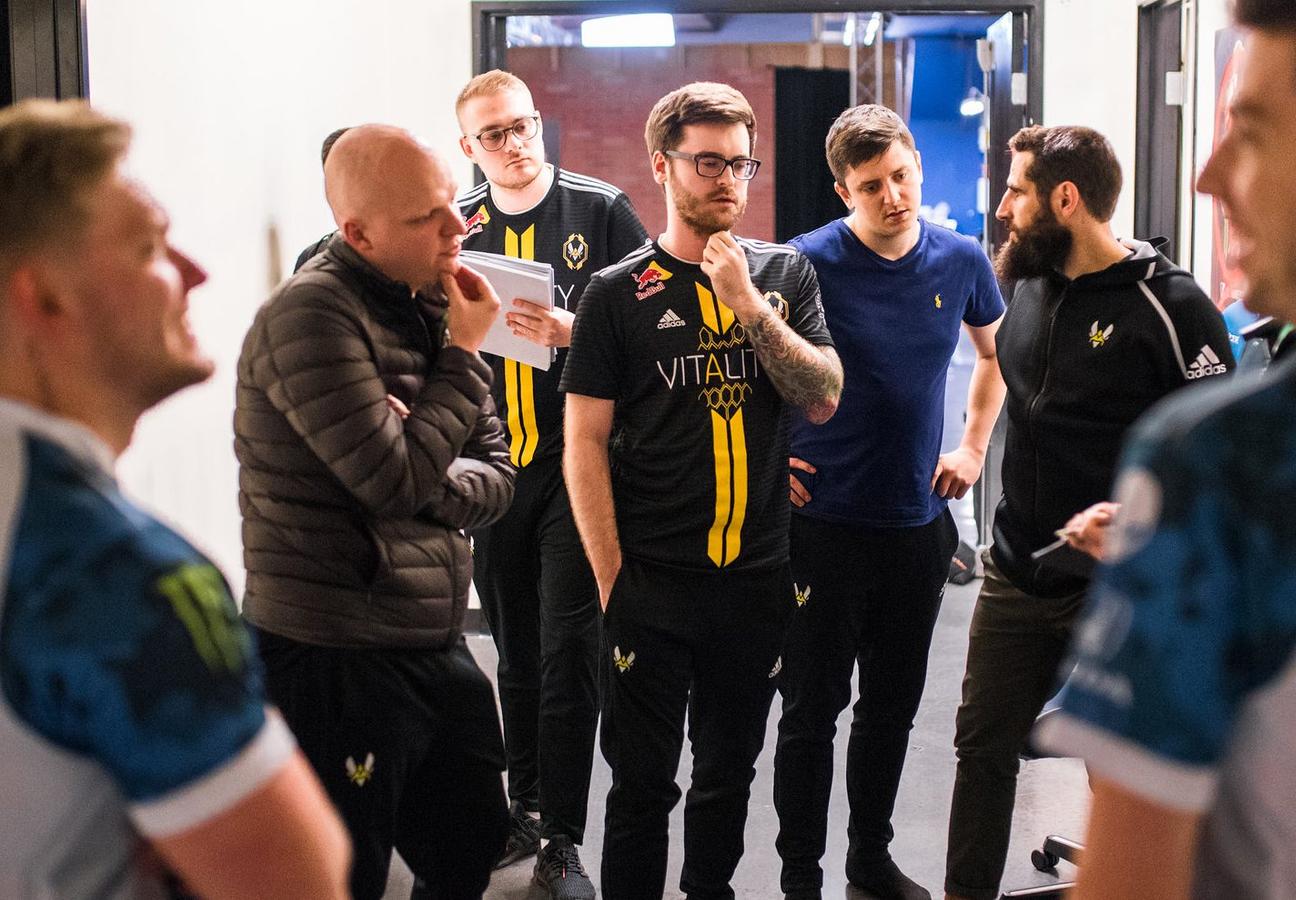
“There will also always be a need for managers and agents in esports,” Hambro continues. “Being a professional esports player requires the same amount of time and skill as regular sports players, and the experience requirements for these players to manage themselves or find new business opportunities is difficult.”
And the appeal of esports is stretching beyond the screens of laptops, says Hambro. The entrepreneur reveals that the 2018 League of Legends Championship had a reported viewership of 200 million — more than the 2019 NFL Superbowl — and that the global audience isn’t far off half a billion fans.
But this audience is looking for a more immersive experience than that of logging on to YouTube or Twitch can provide. For years, stadiums hosting esport events have been selling out. In 2013, the League of Legends World Championship sold out the Staples Center in Los Angeles — pulling in a crowd bigger than Beyoncé would attract at the same venue just months later.
As a result of a popularity still on the rise, more and more money is being funnelled into the construction of bricks-and-mortar esports arenas. The first of these dedicated stadiums was built in Santa Ana, California, in 2015 — and has a capacity of 1,400 people. Allied eSports funded another arena in Oakland, California the following year, and a Thai conglomerate, Infofed, set up their stadium in Bangkok the year after that.
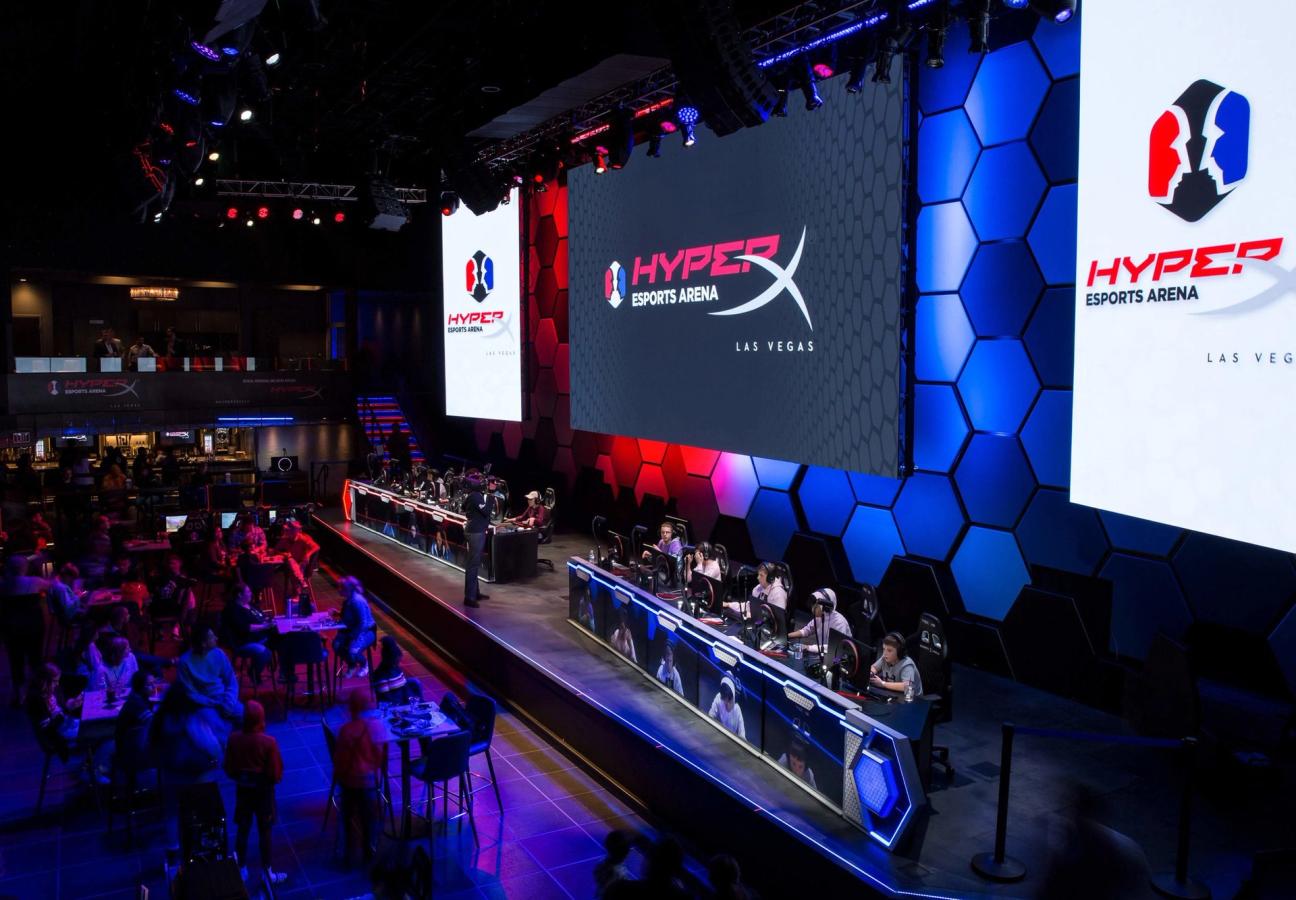
In 2018, MGM Resorts International got in on the digital action by constructing a 30,000-square-metre esports arena in Las Vegas’ Luxor Hotel. Touted as ‘the esports equivalent of the Yankee Stadium, Madison Square Garden or Wembley’, the HyperX esports Arena opened last year and boasts a 50 ft LED video wall, rentable equipment — and the chance to play where the professionals do for just $15 an hour.
But, despite building their own stadiums and elevating their players to superstar status, fans of esports are still not satisfied — for their ultimate goal is to be recognised as a sport by the Olympics.
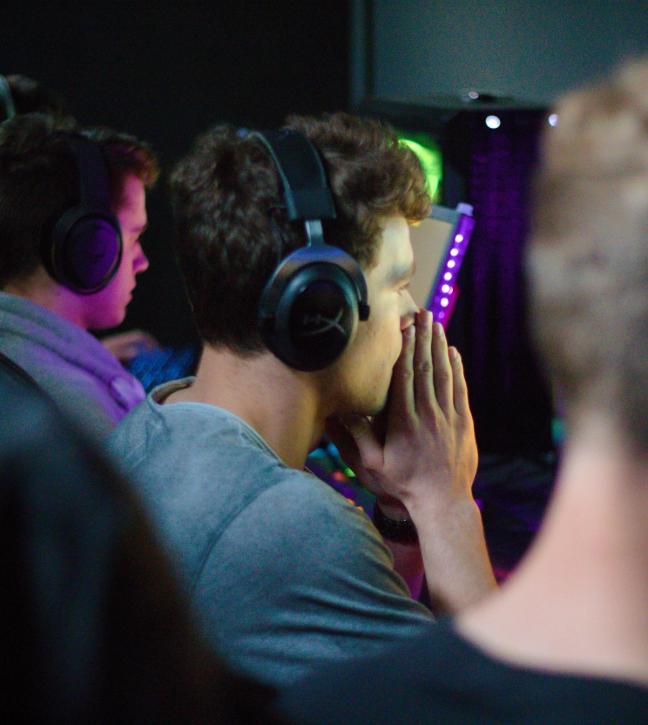
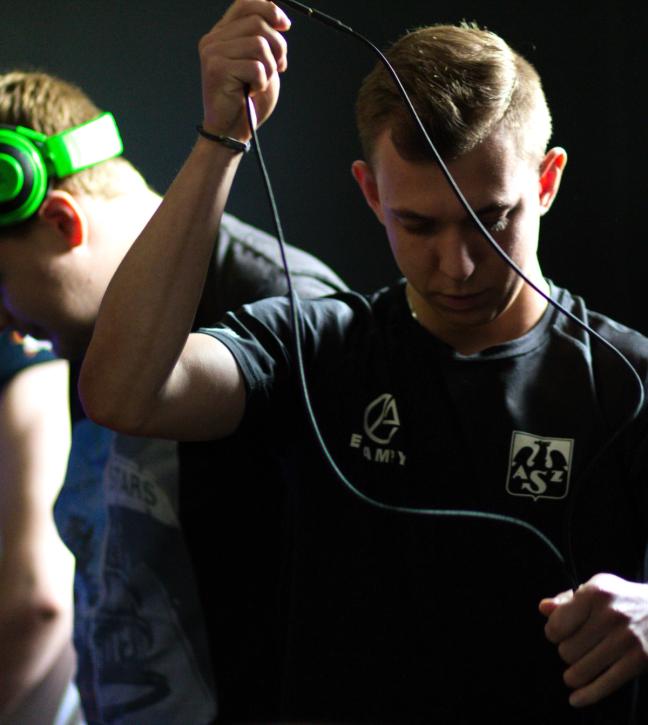
On the face of it, including esports in the Olympics seems like a laughable idea, not least of all because it doesn’t fit the ‘Faster, Higher Stronger’ mantra on which the games are based. But the International Olympic Committee (IOC) has had their ears pricked, and have for years been considering the calls for inclusion.
During the 2018 Winter Olympics, Intel sponsored esport events that, although not technically part of the games, culminated in five esports players carrying the Olympic Torch during the official procession. Japan, despite being leaders in video game development, also shot down lobbies for esports’ inclusion at the 2020 Summer Games — but will arrange a number of events in the lead up to the competition. Even Paris 2024 convened a committee to debate the matter, but decided that esports were still too ‘new’ to be introduced as medal events.
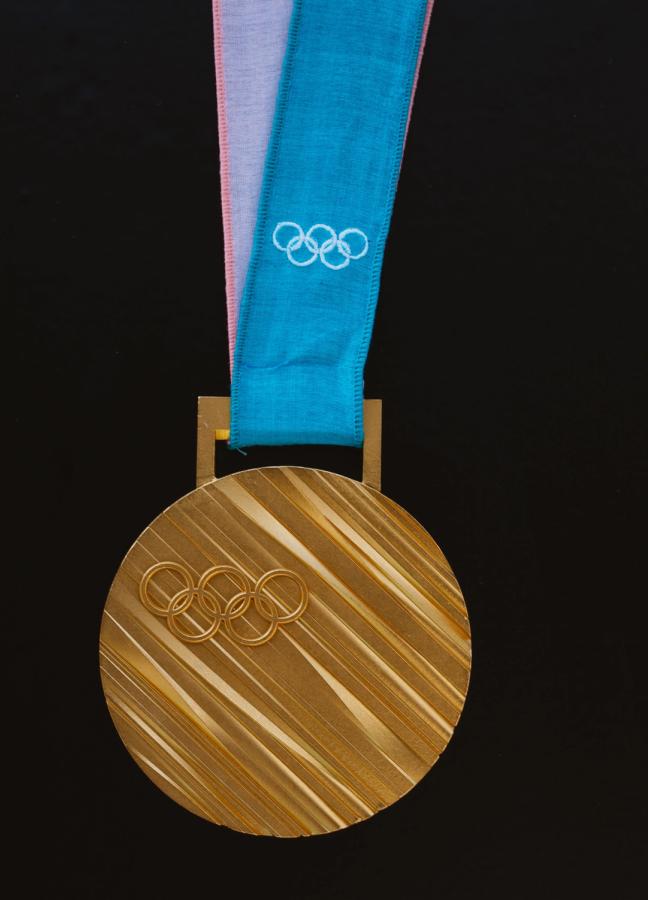
But, even with arena ticket sales, gambling, online pay-per-view and even just buying the games to play yourself, the most lucrative sector of the esports industry is still sponsorship, and the gaming teams that benefit as a result.
Professional gamers associate with broader organisations to bring in prize money and revenue, often being paid salaries on top of their winnings. With teams including OpTic Gaming, SK Telecom T1, Team SoloMid and Mineski among the current contenders, these groups attract large corporate sponsors such as Logitech and Razer as investors to fund their profession. Even individuals, such as Shaquille O’Neal, Steve Aoki and Jennifer Lopez, have invested money into teams.

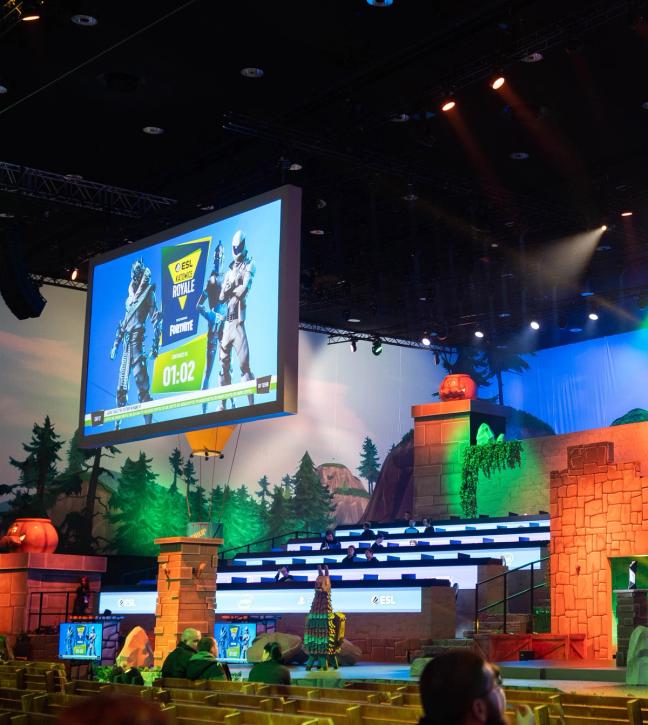
But the most telling associations come from actual sports teams and governing bodies, such as Formula One. Football teams from Paris Saint-Germain to West Ham United own esports teams. Almost all NBA basketball teams have esport players on the payroll. And the NFL have even announced a partnership with ESPN to create a competitive subsidiary league played out on the digital pitches of their very own video game series.
So, with interest, backers and a fanbase of such an enthusiastic calibre, it’s no wonder that the money being pumped into esports is sky high. And, if the money and popularity continue to rise, soon even Wimbledon won’t be comparable — that is, unless Djokovic puts in some serious practice time on his Wii…
Want to keep your sport IRL? Discover the hard-hitting world of professional polo…
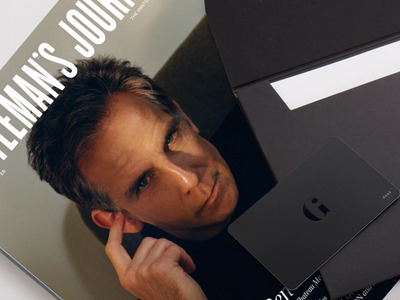
Become a Gentleman’s Journal Member?
Like the Gentleman’s Journal? Why not join the Clubhouse, a special kind of private club where members receive offers and experiences from hand-picked, premium brands. You will also receive invites to exclusive events, the quarterly print magazine delivered directly to your door and your own membership card.


